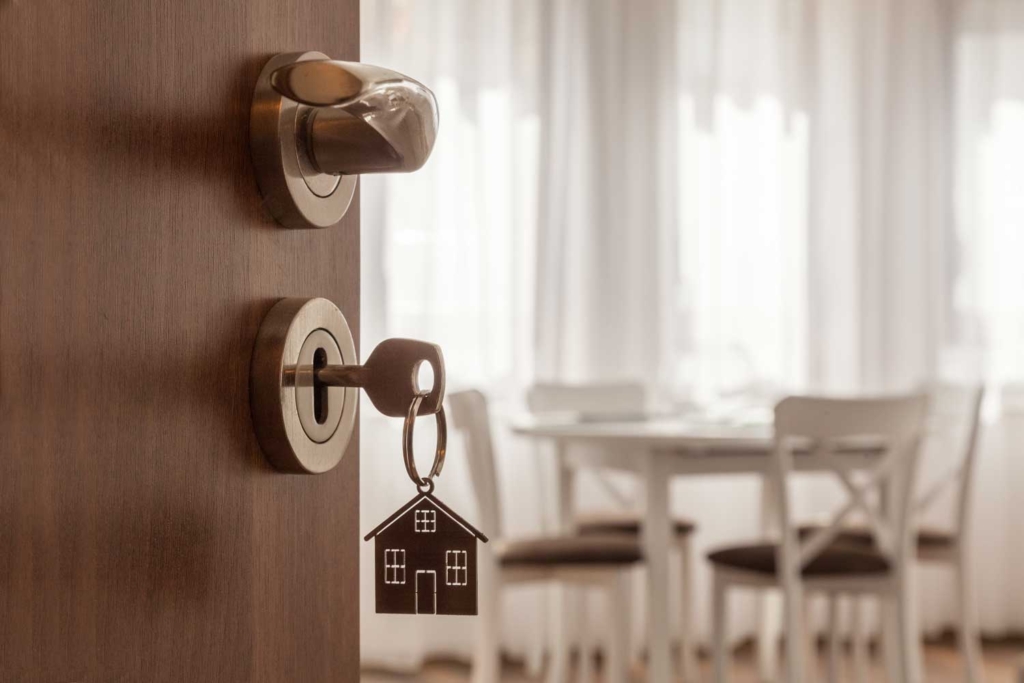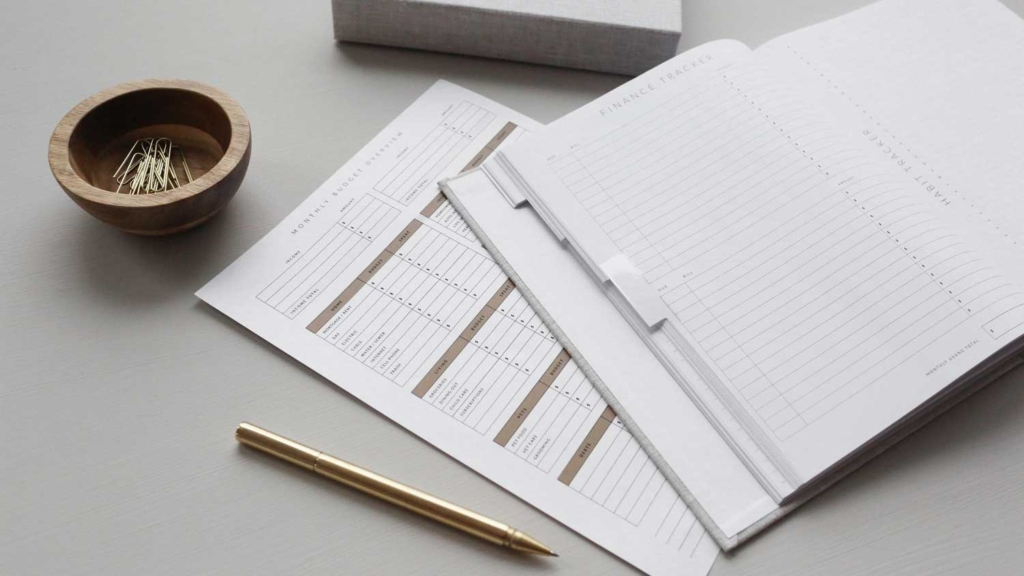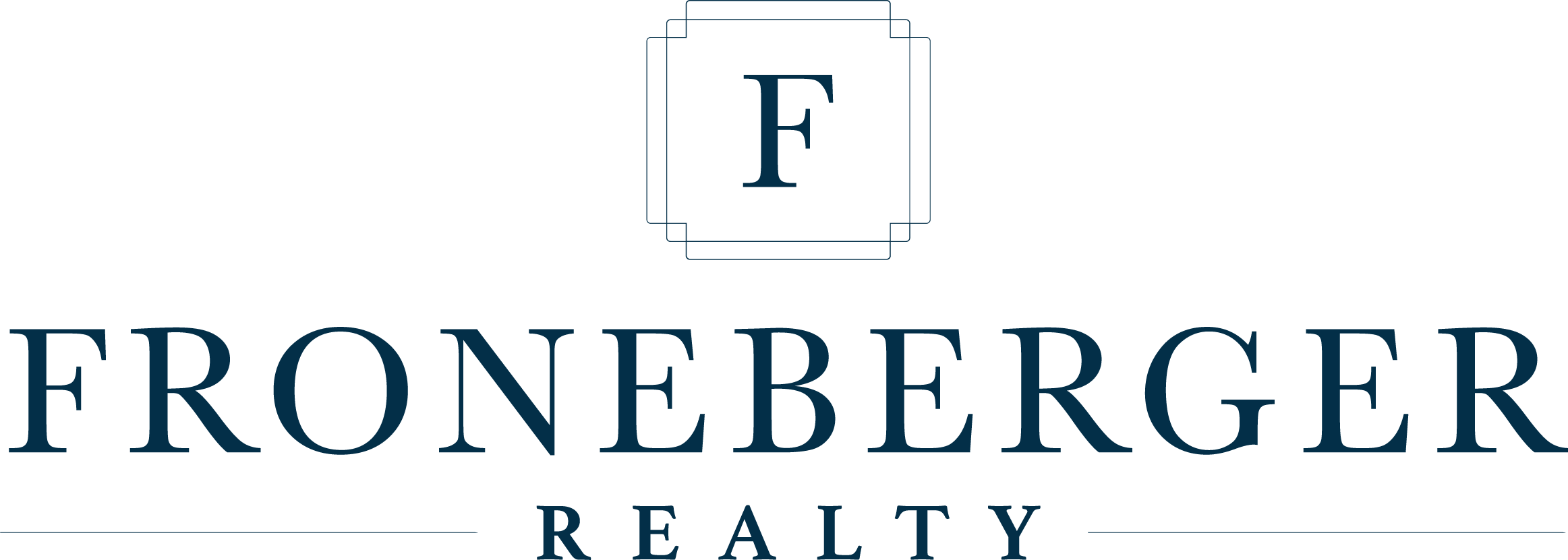We’ll Get You Home
Let’s get you home! You never will feel rush in the process of finding your home. Our proven strategies give our clients a competitive advantage in the Charlotte Metro market. We strive to go the extra mile to identify the right home for you.
We Are Honored To Help You With The Homebuying Process And To Be Your Lifelong Realtor!
Common Home Financing Terms Explained

If you are new to home financing, you may be a little confused by some of the common terms that are used in the process. These common terms will help simplify getting your home loan and ensure you understand what stage you are at and what comes next.
Getting A Loan
Pre-Qualification: This is a term that means you have been provided an estimate of what sort of loan you can expect to obtain based on your credit score and what’s currently available. It doesn’t guarantee you a loan or any loan terms.
Pre-Approval: This means that you have actually applied for a mortgage and the loan has been approved. Your approval is usually good for a certain time period during which you are guaranteed the terms of the loan.
Locked In: This is a term that means you have been promised a certain interest rate for a certain time period, usually 30 days.
Basics Of Loans
Principal: This is the amount that is owed on the loan, the actual amount financed excluding interest.
Interest Rate: This is the amount of interest, expressed as a percentage, that you will be paying on your loan.
APR (Annual Percentage Rate): Often confused with the interest rate, the APR is actually the yearly cost of financing the loan amount.
Term: This is the length of time over which the loan will be repaid.
Amortization: Paying off a large loan (mortgage) over a specified period of time.
Points: This is an amount of money that a buyer can choose to pay to the lender in order to get a lower interest rate. A point equals one percent of the loan amount. This is usually paid at closing in order to get a lower rate.
Completing The Process
Closing: ,This is the point at which the loan is complete and the terms become active. At closing everything will be signed and completed.
Closing Costs: Fees and other costs that must be paid at the time the loan closes in order to make the terms active.
Loan Funding: This is the time at which the lender actual provides the funds requested in the loan.
These are some of the most common terms you will hear as you go through the process of obtaining a mortgage. Be sure to talk to your broker or loan officer if you have any questions regarding these or any other terms you come across; this will ensure you feel in control of the process and are entering your mortgage agreement with full understanding of the terms.
Types Of Home Loans

If you are in the market for a new home, it’s important that you know what type of loans are available to you. Whether you have perfect credit, a few financial blemishes or are just starting out in life and want to own a home, understanding your options will prove to be invaluable during your house hunting excursion.
Fixed Rate Mortgage
A fixed rate mortgage is one of the most popular home loans and is commonly available as a 15 or 30 year term. Because it offers the borrower an assurance that both the principal and interest will remain the same throughout the term of the loan, a fixed rate mortgage is ideal for many.
Adjustable Rate Mortgage (ARM)
An adjustable rate mortgage, also referred to as an ARM loan, is one in which the interest rates adjust according to the current market. This means that interest rates can either increase or decrease at regular intervals, based on established market indexes.
Interest-Only Mortgage
An interest-only mortgage is one that requires the borrower to pay interest only payments for a preset number of years during the loan term. After that initial period, the monthly payments will then adjust to include both the principal and interest remaining on the loan.
Balloon Mortgage
A balloon mortgage is a loan that requires monthly payments that do not completely repay the loan. At the conclusion of the balloon term, a large lump-sum payment is due to pay off the balance of the loan.
FHA/VA Loan
An FHA and/or VA loan are mortgages that are guaranteed by the government. An FHA loan is easier to qualify for than a conventional mortgage, requires a lower down payment and is guaranteed by the Federal Housing Authority. A VA loan, which is for veterans only, is guaranteed by the Veteran’s Administration.
Conventional Loan
A conventional loan is not insured or guaranteed by the government. Instead, the loan is backed by private lenders, and its insurance is usually paid by the borrower.
Construction Loan
Construction loans are available for borrowers who are purchasing or building a newly constructed home. These loans, which are offered at either fixed or adjustable rates, require slightly more paperwork and inspections than a conventional mortgage.
No Income/No Asset Verification
A no income/no asset verification loan simply means that the borrower will not be required to verify their income or assets in order to obtain a mortgage. With this type of loan, the borrower typically must have excellent credit and may be required to provide a down payment that’s equal to 20 percent or more of the total purchase price. Although this type of loan is called a no income/no asset verification loan, the borrower may be required to show proof of both, but the information will not be verified by any other means.
Owner Financing
Many homebuyers, especially those with a limited or poor credit history, prefer to seek owner financing when purchasing a new home. Because there is no credit check, buyers will not be judged for past credit problems. In addition, owner financing may offer a low down payment requirement and competitive interest rates.
Buying Verses Renting A Home

When it comes to a home, you have two options: buy or rent. What is right for one person may not be right for another, which is why it’s important to know which is the best option for your individual situation.
Why People Rent
There are a number of reasons why someone may either choose or be forced to rent, including sporadic or unpredictable income, a high debt-to-income ratio, a bankruptcy or foreclosure within the last six months, unpaid collection accounts or judgments, frequent relocating for employment or the inability to save enough money for a required down payment on the purchase of a home.
Maintenance Matters
As a homeowner, you will be responsible for any maintenance or repair issues that arise. This is a big consideration when choosing whether to rent or buy. When you rent, the property owner is responsible for repairs and it may not always be obvious that these issues can be very costly.
How To Know When It’s Time To Buy
If you have steady income with a good employment history, can provide a down payment of at least 5-10 percent of the purchase price and are current with all debts, it may be time to consider buying a home instead of renting. In some cases, the cost of rent may even exceed that of a typical mortgage payment.
When deciding to buy, job stability is a big factor. If your job does not require frequent relocation and you plan to live in the home for at least 5-10 years, you may want to consider making the purchase. If you need to relocate after that, you may have enough equity from the sale to use as a down payment on another home.
Home Buyer’s Checklist
If you can answer yes to the following questions, you may be ready for home ownership. Your REALTOR® can help you to find the perfect home based on your individual needs.
Have you been steadily employed for at least one year, but preferably two years?
Do you plan to live in the home long enough to build equity?
Can you provide a down payment and still have enough money left to pay for closing costs, utilities and home furnishings?
Are you current on all debts, including auto loans, credit cards, etc.?
In addition to any current debts that you may have, can you afford a monthly mortgage payment which will likely include property taxes and insurance?
Do you have the time to devote to shopping for a home and comparing interest rates from various lenders?
Have you checked your credit reports for inaccuracies and disputed anything that needs correction with each of the three major credit reporting agencies?
The decision to buy or rent is a very personal one that can only be determined after a careful evaluation of your situation. A REALTOR® can show you the perfect home and a lender can tell you whether or not you can afford it, but it’s up to you to make the choice as to whether or not you are ready to make the move.
Home Buying Checklist: The Process Of Buying Your New Home

Once you’ve made the decision to buy a home, it’s time to start thinking about what comes next. Every buyer needs a checklist that will guide them through the process of searching for the perfect home, evaluating their choices and making a purchase.
Learn The Lingo
When you set out to buy a new home, you will need to familiarize yourself with various real estate terms, conduct research on the market value of homes in the area in which you intend to shop and learn the art of negotiation. This information will help as you browse homes, talk with REALTORS® and get further into the buying process.
Get A Free Credit Report
Every 12 months, you are entitled to request a free copy of your credit report from each of the three major credit reporting agencies – Equifax, TransUnion and Experian. You should make this request before you begin looking at homes in order to allow yourself enough time to identify and dispute any inaccuracies in your credit file(s). When you approach a lender, you will need to make sure that everything is correct and up-to-date.
Get Pre-qualified
Pre-qualification is different than pre-approval in that it gives you a possible price range that you can afford, but does not guarantee you the loan. Pre-qualification is important because it will help you narrow your search to include only homes that you can afford. Knowing what you can pay beforehand will save you both time and disappointment in looking at homes that do not fit your budget.
Speak With A REALTOR®
Nobody knows the real estate business like a REALTOR®, so let them help you to find your new home. Based on your specific requirements, a REALTOR® can locate a home that will suit you at a price that’s within your budget. When he/she finds one or more possible candidates, you will be invited to tour the home. At this point, you should take a camera for the purpose of later reviewing each house with visuals instead of relying solely on memory.
Make An Offer
Once you find the perfect home, make an offer that’s less than you are actually willing to pay. This way, the seller can make a counteroffer that would hopefully still be within your budget. It’s important to familiarize yourself with the art of negotiation so that can learn how to get the best deal without insulting the seller. If you have not yet been pre-approved, make sure that your offer is contingent upon your being able to obtain the necessary financing.
Obtain A Loan
Once you and the seller agree on a purchase price, you may be required to provide an earnest money deposit that will secure the home as you obtain a loan (if applicable). A lender will require a home inspection and appraisal for the property in connection with your loan application. In most cases, you will know within 24 hours whether or not your application is approved, but the actual closing will not occur until the inspection and appraisal are complete.
Get Moving
Now that the papers are signed and you have the keys to your new home, it’s time to get moving – literally. Remember to decorate your new home and add all of those special touches that reflect your personality. After all, a house is only a house until you make it a home.
Understanding Buyer Closing Costs

Most people who are in the market for a new home are aware of the costs associated with purchasing a home and moving, but closing costs can be expenses that may be overlooked, especially for first-time home buyers. The amount of the closing costs will depend on where you live, the type of home you are purchasing, and the type of mortgage you are going to carry, but in most cases they can equal anywhere from two to four percent of the purchase price of your home. So before planning your home purchase budget, here are some hidden expenses that you may want to include.
In general there are two types of closing costs, recurring and non-recurring. Recurring costs include things like fire and flood insurance, property taxes, and mortgage insurance; these are expenses that will have to become part of your monthly budget and in most cases are often anticipated by new home buyers. Non-recurring costs are one-time costs that are associated with closing a home purchase, and in most cases make up the bulk of extra expenses. Non-recurring closing costs usually include:
- Title Policies
- Escrow
- Wire Fees
- Delivery
- Attorney Fees
- Endorsements
- Recording
- Transfer Taxes
- Home Protection Plans
- Natural Hazard Disclosures
- Home Inspection
- Lender Fees
Depending on your particular circumstances, the actually closing fees may include just a few of these costs, or even include ones that are not listed here. Purchasing a home is a huge investment and expense, and getting a clear picture of the cost before signing your name on the dotted line is important. Your REALTOR® can usually give you a detailed list of these expenses.
